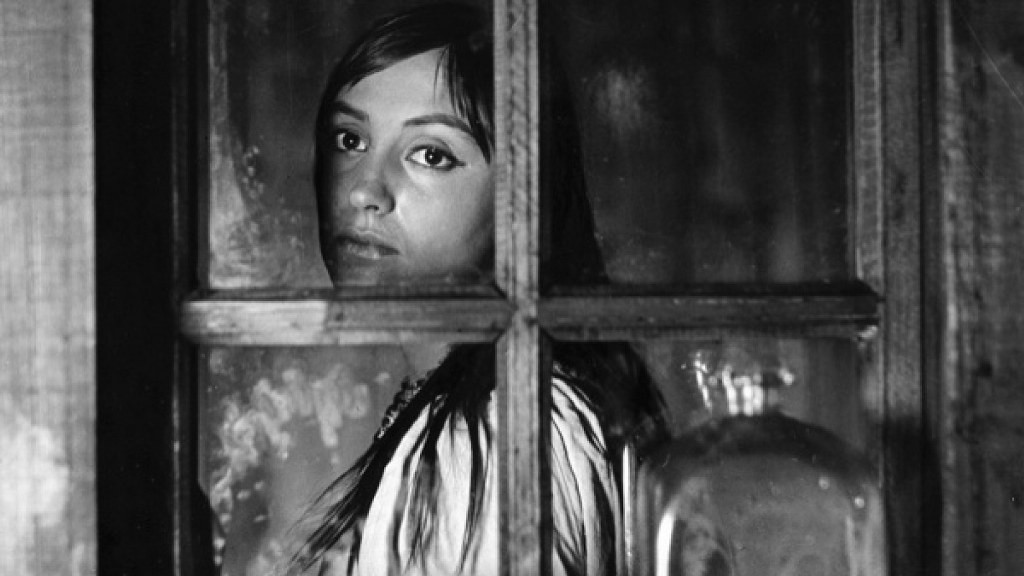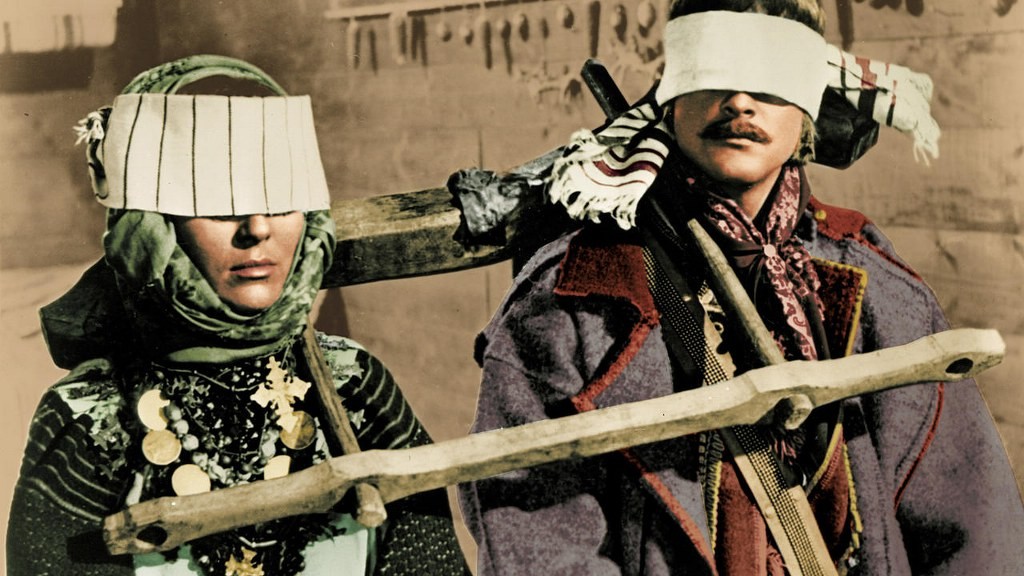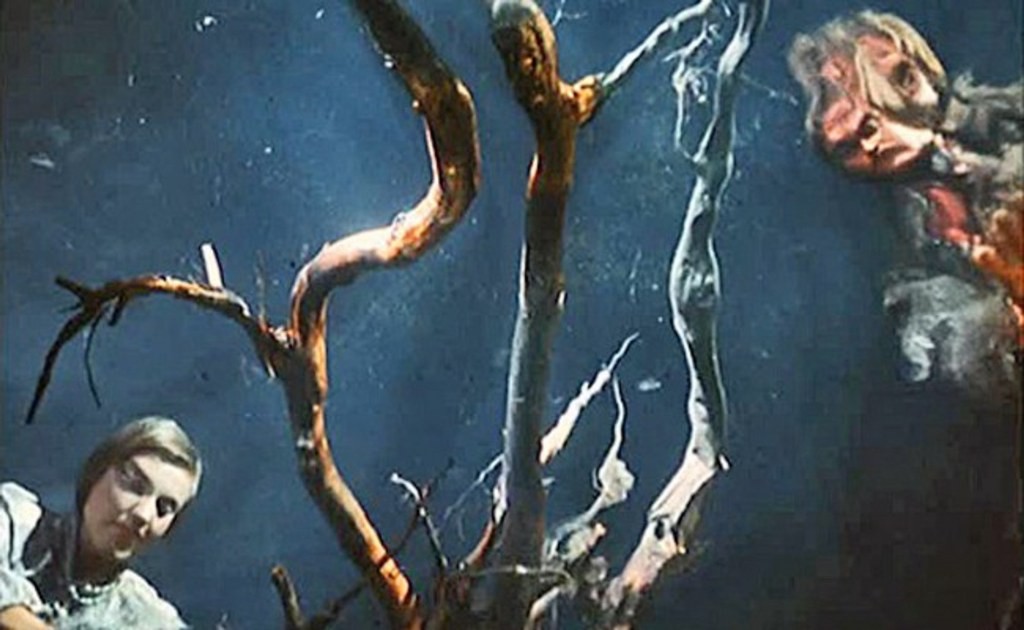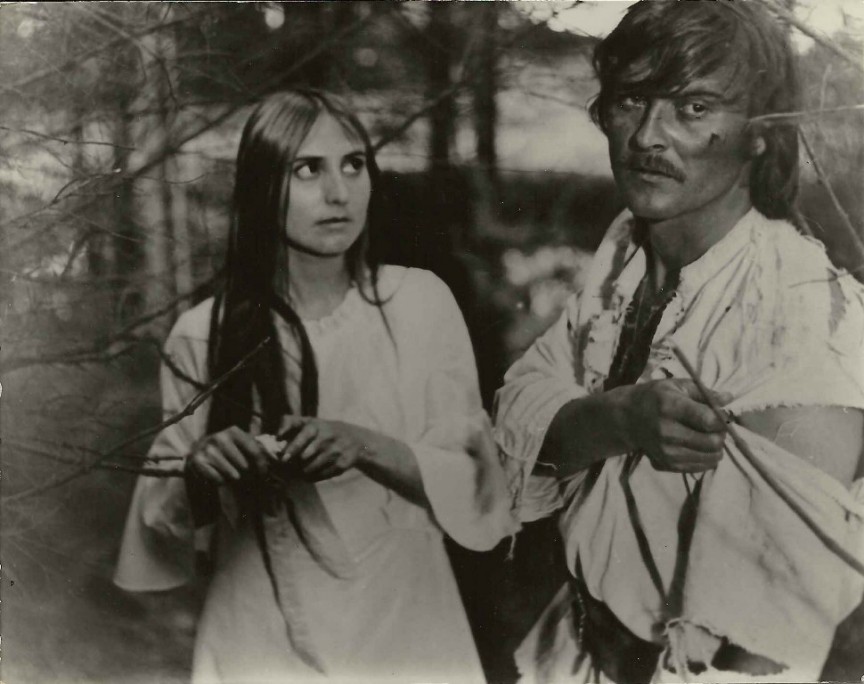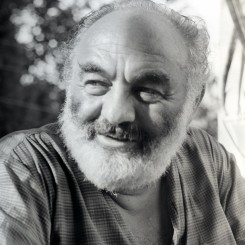One of the 20th century's greatest masters of cinema Sergei Parajanov was born in Georgia to Armenian parents and it was always unlikely that his work would conform to the strict socialist realism that Soviet authorities preferred. After studying film and music, Parajanov became an assistant director at the Dovzhenko studios in Kiev, making his directorial debut in 1954, following that with numerous shorts and features, all of which he subsequently dismissed as "garbage". However, he was able to make Shadows of Forgotten Ancestors (1965), a rhapsodic celebration of Ukrainian folk culture, and the world discovered a startling and idiosyncratic new talent. He followed this up with the even more innovative The Color of Pomegranates (1969). Paradjanov spent most of the 1970s in prison on almost certainly rigged charges of "homosexuality and illegal trafficking in religious icons". However, with the coming of perestroika, he was able to make two further films before succumbing to cancer in 1990.
FILMOGRAPHY
1951 Moldavian Fairy Tale (Moldovskaya skazka)
1954 Andriesh
1957 Golden Hands (Zolotye ruki) – doc. short
1957 Dumka – short
1958 The First Lad (Pervyy paren)
1961 Ukrainian Rhapsody (Ukrainskaya rapsodiya)
1961 Flower on the Stone (Tsvetok na kamne)
1965 Shadows of Forgotten Ancestors (Tini zabutykh predkiv)
1966 Kiev Frescoes (Kievski freski) – short
1967 Hakob Hovnatanyan (Akop Ovnatanyan) – doc. short
1969 The Color of Pomegranates (Sayat Nova)
1980 Return to Life (Vozvrashtenie k zhizni)
1985 The Legend of Suram Fortress (Ambavi Suramis tsikhitsa)
1986 Arabesques on the Pirosmani Theme (Arabeskebi Pirosmanis temaze) – doc. short
1988 Ashik Kerib (Ashik-Kerib)
1990 The Confession (Khostovanank)



